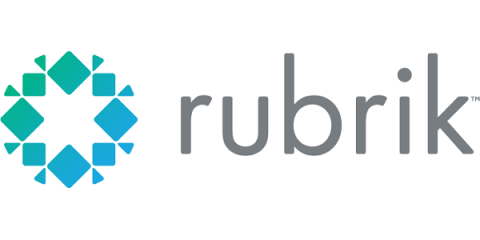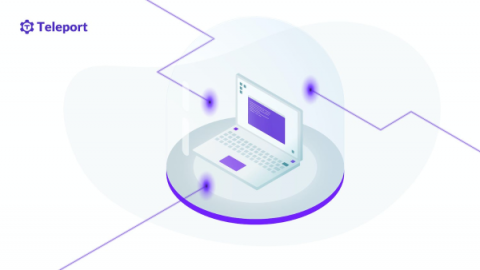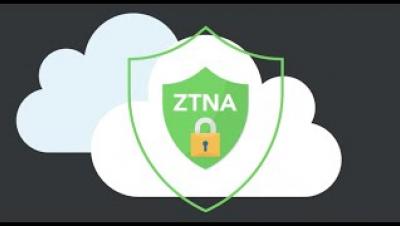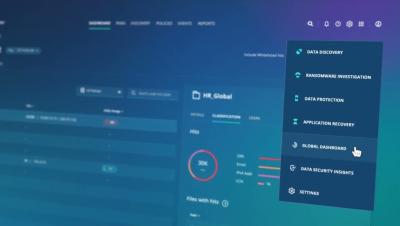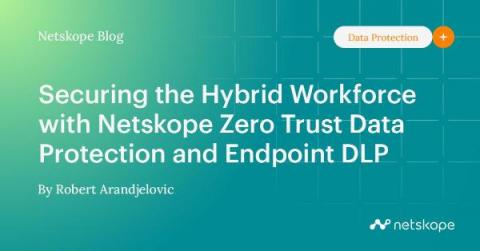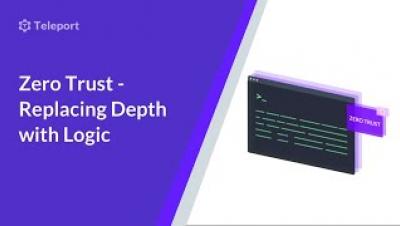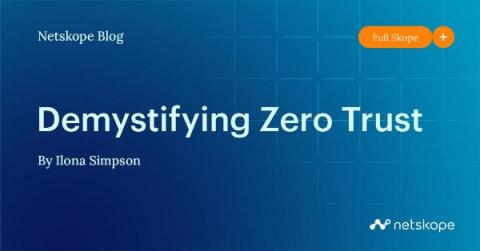A System Integrator's Guide to Delivering Zero Trust Data Security with Rubrik
The volume and frequency of ransomware attacks have increased significantly this past year. In fact, the number of ransomware attacks has nearly doubled in 2021 as compared to 2020. The impact of a breach is multi-fold and stretches well beyond the commonly acknowledged risks of downtime cost, impact on the brand, and the actual ransom paid. This has prompted a paradigm shift in how organizations and system integrators look at their cybersecurity strategy.


